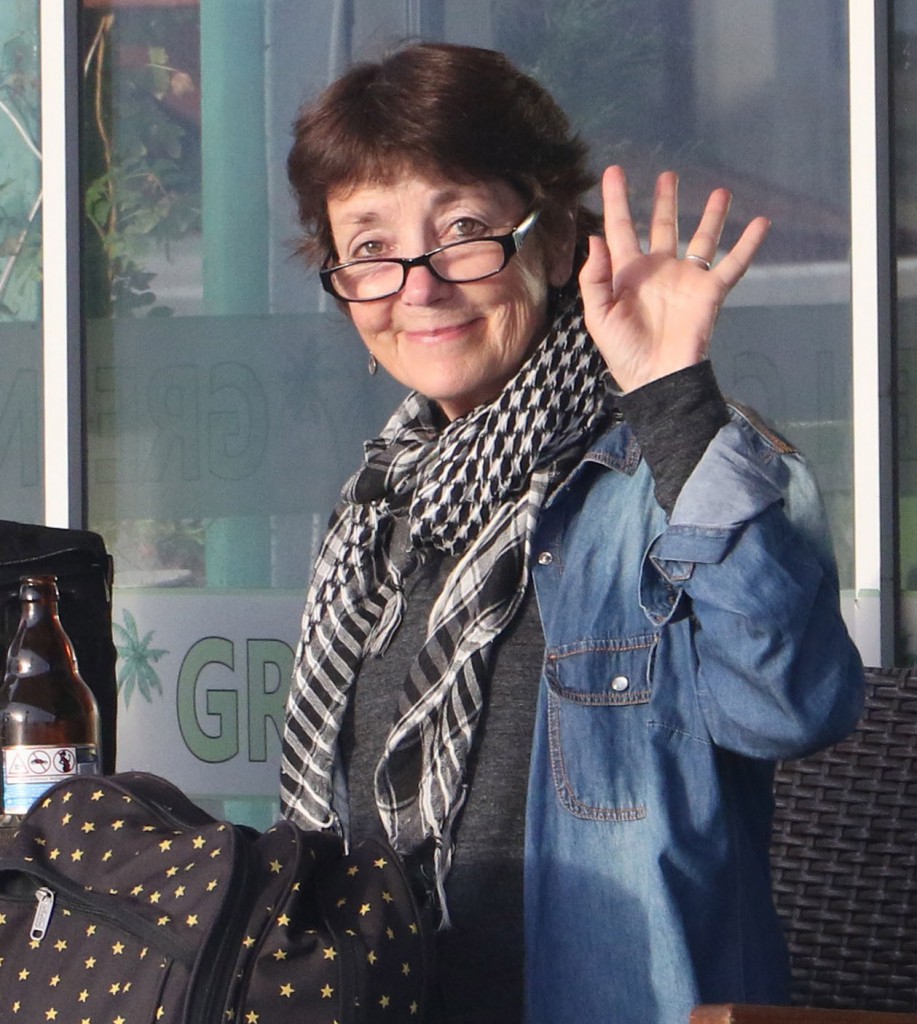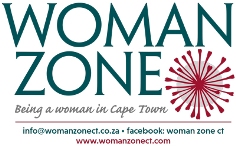
SAfm LITERATURE – closing chapter
Q1. You present a literary delight on SAfm every Sunday. How do you continuously up your game in terms of exposing South Africans to the textured literary landscape?
A – Yup, you’re right, it has been a delight to present a line-up of literati on SAfm each Sunday. When I followed in the big footsteps of previous presenters Karabo Kgoleng, Victor Dlamini and Fiona Ramsay, initially it was about maintaining rather than upping the game. But it soon became clear that a ‘literature’ show couldn’t just be about a whole bunch of books, it also needed to represent all the allied industries and role players. So over time we introduced features like TEXT- covering all types of writing – scriptwriting, blogging, editing, poetry, digital etc; SHELFIE – to give self-published authors a platform; PRESS GANG – talking to members of the publishing industry and THE TELLER for storytellers to share their craft. A STORY slot accommodated narrated documentaries using the medium of sound and of course there were the straight author interviews as well as listeners reviews. To ensure nothing was missed, we added BACK PAGE to accommodate book festivals, competitions, awards etc. Through all of these we hoped to offer airspace to all aspects of the literature landscape.
Q2. How are our stories intertwined with the quest for human rights?
A – I don’t think our constitution directly states that everyone has a right to be ‘read’ but the bill of rights deems that everyone should have the ‘freedom to receive or impart information or ideas’ as well as ‘freedom of artistic creativity’ – so it follows that we all have a right to be listened to – not just as a commercially successful creative, but as an ordinary person with a story to tell. We have tried to offer a platform to everyone who has chosen words as their professional or even amateur medium.
Q3. Is reading a human right?
A – Simple answer yes. But before that, every person has a right to an education that enables and gives them the option to read. To own shelves full of books is a privilege mainly to those who can afford them, but libraries make that a public privilege – and I would see it as a denial of human rights if a person has no library accessible to them, or worse if one near them is closed down. And as much as reading and an education is a basic right, so is writing – a right that some have to climb mountains to achieve. And to be ‘read or heard’ by others is a powerful affirmation.
Q4. In your experience, which everyday stories have broken human rights violators’ backs?
A – So many – but whilst some do, not every story will appear in any sort of traditional literature – whether newspapers, magazines or books, though increasingly online social media, literary journals, blogs, posts and other digital spaces are opening up the possibilities for those who have been violated to tell of their damage, expose their perpetrators and in so doing, hopefully find for themselves some healing. There can be few things as cathartic as writing down or telling your story.
Q5. You read a whole lot, whose stories affirm your personal vision?
A – It’s often said that we chose to read the things that affirm our beliefs or personal opinions. An unexpected gift that has come from presenting this programme has been the chance to read things that don’t affirm what I believe or know – that have challenged me, exposed me, educated me into other worlds, beliefs and experiences.

Q6. Tell us about Woman Zone and the powerhouse of women writers you work with.
A – Woman Zone is an initiative I founded as a way of encouraging women of different backgrounds, cultures and communities to share their stories with one another. To really listen to somebody else’s story is to really know and understand them better. Following this sharing we put together a book called Being a woman in Cape Town: Telling your story through which we learned that whilst it empowers a women to tell her story, to write it helps her reflect on it more deeply and reaches an even wider audience. We also learned that hearing or reading someone else’s story often helps you make sense of your own. Through the events, story cafes and walks that we host at our Women’s Library at Artscape and in the community, we have heard so many other stories – and welcome more. Do get in touch. www.womanzonect.com or https://www.facebook.com/Womanzonect/
Q7. Looking ahead….
A – Sadly SAfm Literature will not be part of the new programming planned for SAfm from April this year – but I will not be leaving the world of books – so I look forward to seeing you in it, wherever that may be.
Nancy Richards https://nancyvrichards.wordpress.com/



No comments yet.